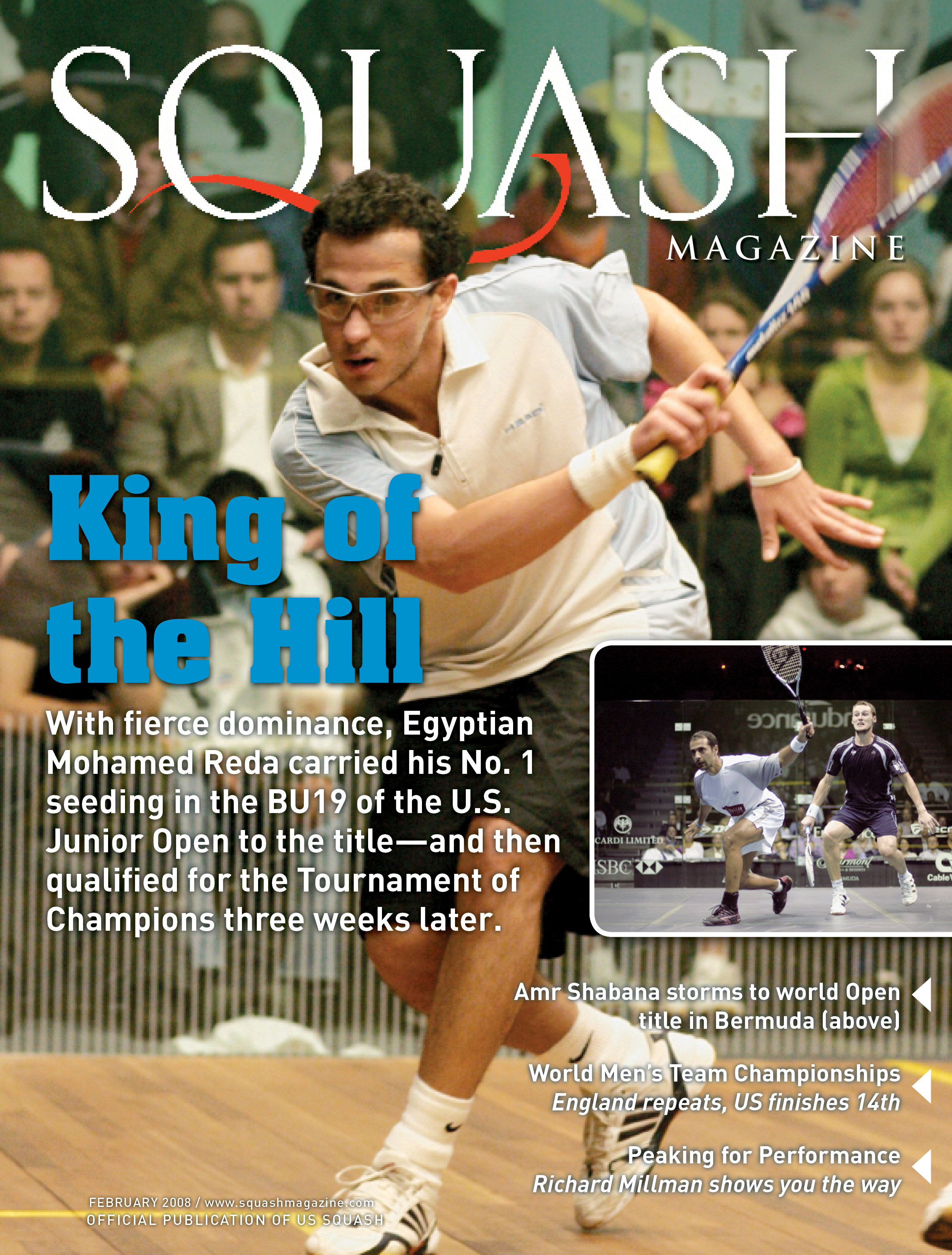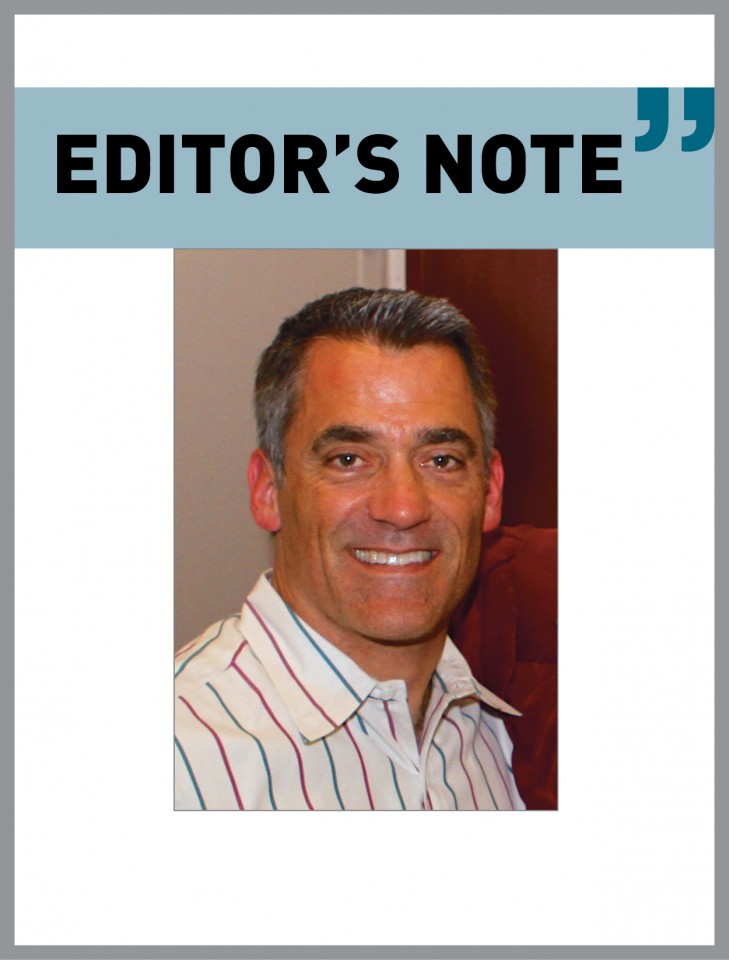By Jay D. Prince
We all know that the playing career of a professional athlete is limited to a finite number of years. In some sports, like professional football, players are lucky if their careers last for more than three years. In others, like baseball, it is not uncommon for players to continue with their passion well into their 30’s.
Regardless of how many years of professional life athletes have, all of them want to end their careers on their own terms. Simply put, they’d like to quit playing when they’ve simply had enough. In a perfect world, professional athletes would call it a day when they’re still at the top of their game, though this seems to be rarely the case. For every Barry Sanders or Jim Brown, who both retired seemingly long before their time, countless other players hang on until they either can’t play or just finally burn out.
Which makes the story of Anthony Ricketts so sad. At just 28-years-old, Ricketts has been forced into early retirement because of a bum knee. The fiery Aussie called it quits last month when doctors ran out of hope for a return to the professional squash tour after his fifth knee operation. This time around, the joint simply wasn’t responding well enough to treatment to make a return to the PSA tour a realistic option.
After joining the tour ten years ago, Ricketts rose to World No. 6 (in 2003), when it looked like he was ready to challenge perennial contenders Peter Nicol and Jonathon Power for tour supremacy, only to have his first bout of knee troubles set him back in 2004.
After rehabbing the knee, Ricketts was back at it, eventually winning prestigious titles like the Tournament of Champions, the British Open and the Super Series Finals—and peaking at World No. 3 in 2005. With his stock once more on the rise, last year he reached the final of the Tournament of Champions for a second time. But a painful right elbow limited his performance in the final and Amr Shabana stole the show.
What we didn’t know at the time was that Ricketts was also suffering from pain in his knee again. Rather than going back to Australia for elbow surgery, he went under the knife again to correct problems with his right knee. No worries, right? The tour was fairly quiet at the time, and he’d be back at it by the time the big money events took place in the fall.
Didn’t happen. Instead, Ricketts disappeared for several months lamenting his soon-to-be-real fate of having to hang up his racquet for the last time. It’s a cruel conclusion to what was a promising career.
I’ve had the pleasure of getting to know Anthony a little bit when he approached me about writing instructional columns for this publication. I know he’ll land on his feet because he’s a bright, insightful and curious character who is now in the throes of doing some soul searching to determine what he wants to do next. One thing he’s working on is his college degree, and he’s doing some coaching after a recent move to Hartford, CT, to pursue that avenue.
Though there have been other notable retirements from the sport in recent years, including Nicol, Power, Sarah Fitz-Gerald and Michelle Martin, those were all expected. Each of them had reached the pinnacle of the sport by being ranked World No. 1 for a significant amount of time. But when a player with the potential of Anthony Ricketts has his dreams of becoming No. 1 taken away by career-ending injury, there is an empty feeling at tournaments. Making it more pertinent is the fact that Anthony possessed a fiery, sometimes tempestuous, side to him that was infectious—and helped to galvanize typically stodgy crowds resulting in more “buzz” during his matches.
I wish nothing but the best for Anthony and look forward seeing him court side if he elects to stay involved in the game.




